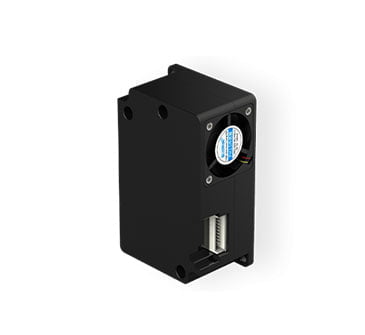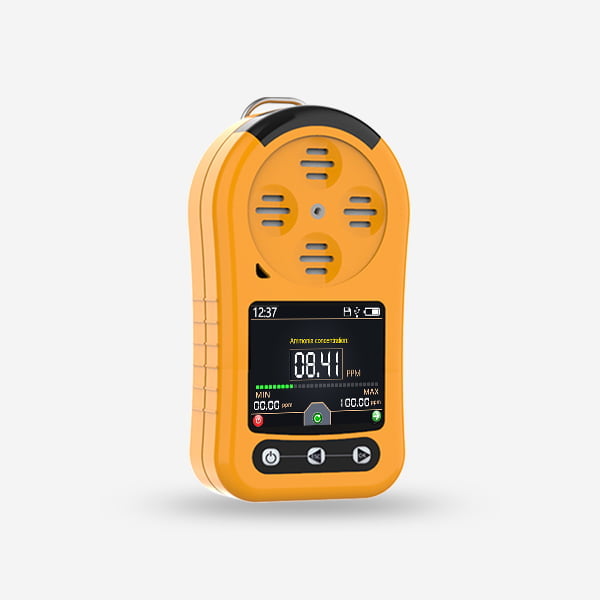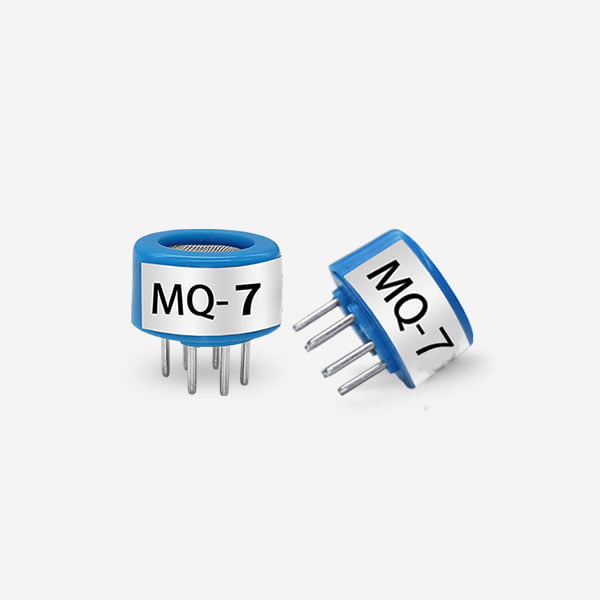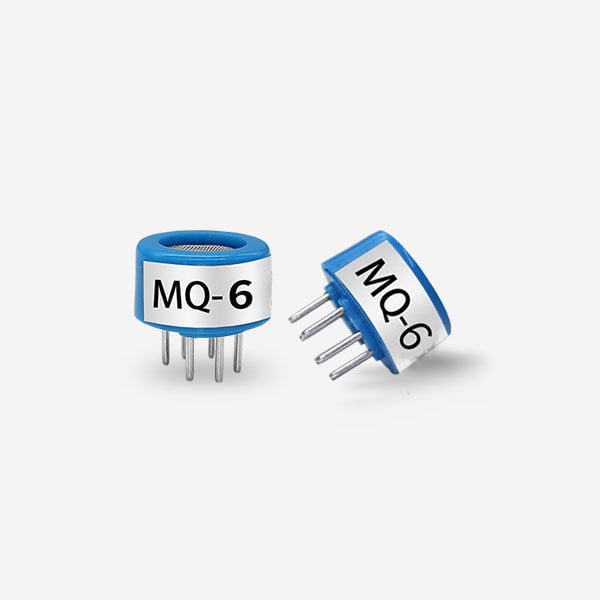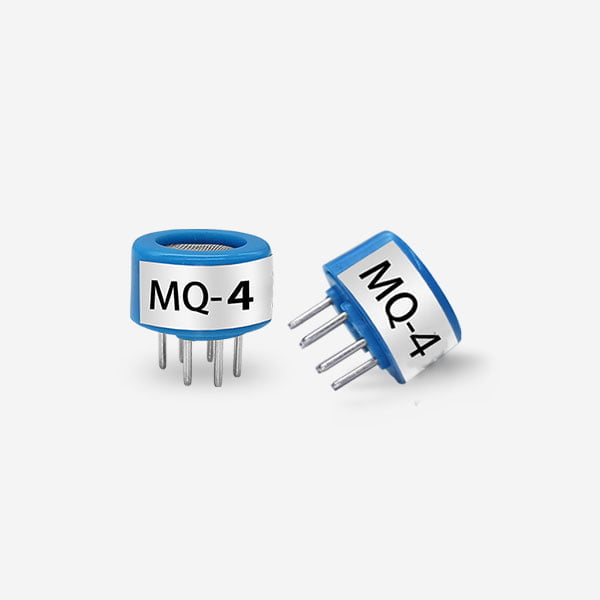The Freon detector is an essential tool used to detect the presence of Freon gas in various industrial and commercial settings. Freon, also known as chlorofluorocarbons (CFCs), is widely used in refrigeration and air conditioning systems. However, the release of Freon into the environment contributes to ozone depletion and climate change. In this article, we will explore the significance, benefits, and applications of Freon detectors in ensuring safety and environmental compliance.
Importance of Freon Detectors:

Freon detectors serve a crucial role in maintaining a safe and environmentally responsible working environment. The detection of Freon leaks is vital for several reasons. Firstly, Freon leaks pose health risks to individuals exposed to the gas. Freon is known to cause respiratory problems, dizziness, and in severe cases, can lead to asphyxiation. Secondly, Freon gas is harmful to the environment. When released into the atmosphere, it contributes to the depletion of the ozone layer, leading to harmful ultraviolet radiation reaching the Earth’s surface.
Benefits of Freon Detectors:
Early Detection of Freon Leaks:

One of the primary benefits of Freon detectors is their ability to identify Freon leaks at an early stage. By promptly detecting leaks, preventive measures can be taken to repair or replace faulty equipment, preventing further release of Freon into the atmosphere. This proactive approach ensures worker safety and minimizes environmental impact.
Safety Assurance:
The freon detector provide reassurance and peace of mind to workers and occupants of facilities where Freon-based systems are present. By continuously monitoring the air for Freon gas, these detectors can instantly alert individuals to potential leaks. This early warning system allows for quick evacuation and appropriate action to mitigate risks and prevent accidents.
Environmental Compliance:
Freon detector play a vital role in ensuring compliance with environmental regulations and standards. Many countries have strict regulations regarding the use and handling of Freon. By using detectors, businesses can monitor their systems for leaks and take necessary steps to prevent violations. This commitment to environmental compliance demonstrates responsible stewardship and helps contribute to global sustainability efforts.
Applications of Freon Detectors:
Commercial and Industrial Facilities:
Freon detectors are widely used in commercial and industrial facilities with refrigeration and air conditioning systems. These detectors are installed in designated areas where Freon leaks are most likely to occur, such as storage rooms, HVAC units, and refrigeration equipment. Regular monitoring with Freon detectors ensures the safety of employees and the protection of the environment.
Automotive Service Centers:
Automotive service centers also rely on Freon detectors to detect leaks from vehicle air conditioning systems. Since older vehicles may still use Freon-based refrigerants, these detectors aid in identifying leaks during maintenance or repair work. This not only ensures worker safety but also prevents the release of Freon into the atmosphere.
Conclusion:
The freon detector is an invaluable tool for safeguarding worker health and ensuring environmental compliance. By detecting Freon leaks at an early stage, these detectors help prevent health hazards, protect the ozone layer, and contribute to sustainable practices. The use of Freon detectors is not only a legal requirement in many industries but also exemplifies a commitment to responsible business practices and environmental protection. As we strive for a greener future, the implementation of Freon detectors becomes increasingly vital in various sectors to minimize the impact of Freon gas on human health and the environment.
